Homeschooling Can be Fun… Honest!

Obviously many of you did not choose homeschooling, and now here you are. Yes, a great number of schools are holding class via Zoom or other software, and of course schools sent work home with the kids that they’re supposed to do while they’re home. I can’t help you figure out New Math, and I certainly can’t tell you to ignore the requirements you’ve been given for your child.
What I can do, however, is show you ways to think outside the box so you can not only teach your kids valuable things, but also get things done around your house. Everybody wins!
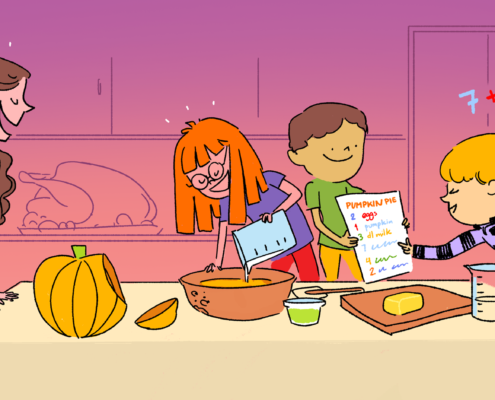
Take cooking, for example. Cooking is math, and it’s also reading comprehension. There are fractions all over the place in cooking! Depending on the age of your kids, you could have them choose a recipe and make it (with supervision). Another fun one is to have your kids think of something they love to eat, and then write a recipe how to make it. If you’ve got more than one kid, have them exchange recipes and try to make food following them as written. Explain to them how fractions work, and convert cups to ounces, etc. Not only did you teach them something, you also get a meal out of it!
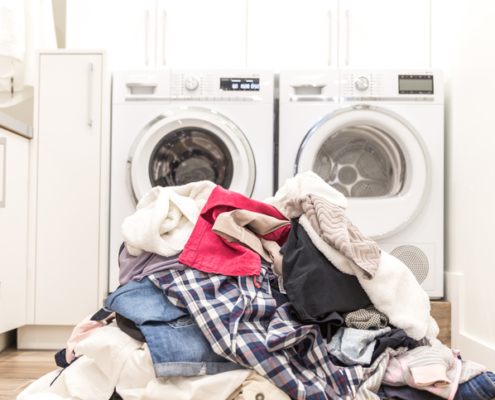
Laundry. Since I do a great deal of laundry for shows, I pretty frequently hear, “it’s just laundry, how hard can it be?” I admit, it’s not hard. You just have to follow the rules and you’ll be fine. Now is a lovely time to have your kids start doing their own laundry! Have them read the tags, separate items appropriately, and wash and dry them how they’re supposed to. If your kids are old enough, teach them to iron! These are valuable life skills, and an astonishing number of people don’t know how to do them.
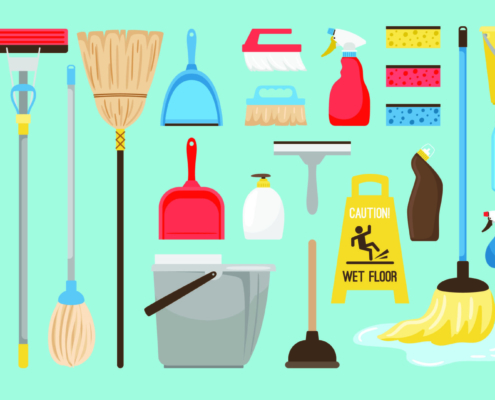
Cleaning! Cleaning can be science. Explain what different cleaning chemicals do, which ones can be mixed, which ones should never be mixed, and how much to use for any given project. Make sure they’re aware of those that should only be used in a well-ventilated area and those that require protective clothing, and why. Look up how much bacteria can live on various surfaces and how long it can live if left alone. Also, while I’m sure you have, make sure they know the proper way to wash their hands and for how long.
Washing dishes. Many of you I’m sure have a dishwasher, and that’s fine. But you can teach them how to scrape and rinse. How to sort. How to be safe when handling sharp knives. How to load a dishwasher properly. They can also dry and put away dishes, which will help when you have them start cooking more.
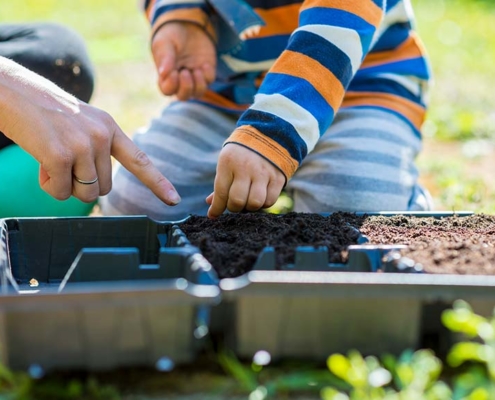
Yard work? Why not? I’m having to stretch a little here, but… Any leaves left in your yard will have started to break down by now, and new leaves should be budding. Circle of life! If you’re going to garden, have them help choose what plants, where to put them, which ones work well next to one another (and which ones do not), and ways to protect them from pests. You don’t have to have a yard for a garden, just an outdoor space where you can put some pots. Watching something go from a seed to something on their dinner plate is a good way to teach your kids to appreciate the work that goes into feeding everyone, and it’s also more likely they’ll eat healthier if they grow it themselves. Additionally, being tasked with taking care of a garden teaches them responsibility.
If you’ve got a yard, or can get to an outdoor space, learn about the various plants, flowers, and trees. Plan a daily walk around your neighbourhood, and maybe change up which ways you go so you see different things. Find a safe place to watch any construction going on and see how that works.
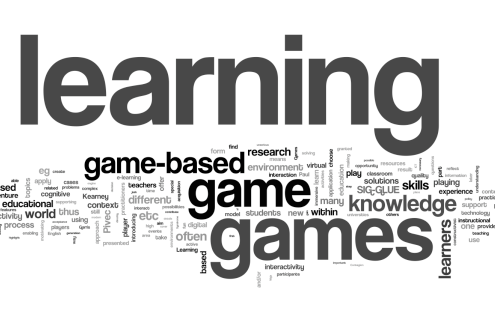
Play games! It’s not all drudgery. Many kids’ games are already geared toward teaching them in a fun way so they don’t even notice they’re learning. Anything with dice and pieces to move teaches numbers and counting. There are numerous memory games to keep their brains active. Some games help with spelling, others with math, and all of them with teaching patience, waiting your turn, and following rules.

Read to them. I assume as good parents you already are, but reading to your children is a great way to spark their imaginations. It’s also what I’ve always called travelling in my mind, as books take you places you can’t go right now. If your kids are older, have them read books themselves and then discuss with them what they’ve read. It’ll get your kids talking to you, and you’ll get some insight into how their brains work, both from the books they choose and how they interpret them.
You know your kids best, and now is your opportunity to let them learn how they want to. If your child loves to draw, let them draw! If they play a musical instrument, have them practice daily. You can have them put on shows, or write their own stories, or create their own games. Whatever your child loves to do, encourage them. School at home does not have to follow the strict guidelines of school at school.

The world will not end if your child is bored. They may think so, and they may make you feel like it with their whining, but it’s really not so bad. Some of my most creative projects have come when I’m bored, because all I have to think about is something to do. When I was little I used to spend hours sorting the buttons in my grandma’s button can. I’d sort beads, coins, anything like that. If they’re bored, DON’T let them watch TV or pick up a video game. They’ll figure something out.*
*I do not know your children. If yours are the type to invent new ways to blow something up or otherwise wreak havoc on your house, maybe letting them get too bored is a bad idea. I can only make general suggestions.

Have them keep a journal. I’ve seen this recommended for all of us. It seems counter-intuitive at a time when we’re “not doing anything”, but it’s a good time to write about your life, your hopes and dreams, how you’re handling what’s going on. Keep track of what you do every day, the feelings you have, fears, triumphs, and anything else you want. Not only is writing good practice for developing language, spelling, and grammar skills, but it’s a good way to take things that seem overwhelming and put them in a form where they can be dealt with. Share your journals and talk about the things in them. Your kids may surprise you.
Related to a journal, this is a thing I’ve been doing for years, and it helps my mental well-being. At the end of every day, find three positive things that happened, and write them down. They don’t have to be huge, earthshattering things, just good things that happened that day. Have everyone in the family make their list just before bedtime, and then share with each other. Not only will you all have to think of good things instead of dwelling on bad, but you’ll see what your family members find positive as well. And then you can work on doing more of those things, if it’s possible.
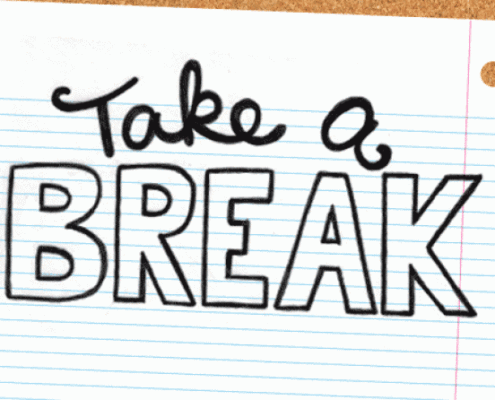
This is a big one. Don’t try to make your kid do school at home for the same number of hours they do school at school. Set a timer when you start a lesson. When it goes off, take a break. Do some jumping jacks. Take a walk. Have a snack. Do any kind of exercise. Play Simon Says. Have them walk the dog. Anything to keep it interesting and to break up the monotony for them. They’ll come back more able to concentrate on the next lesson.

Remember, anything can teach you something. Challenge your kids, and challenge yourself. Read books a bit above their normal level. Do puzzles that are a little harder than usual. Come up with a photography challenge. Create your own word searches or scavenger hunts. While you’re on your daily walk, see how many things you can find that start with a certain letter. The possibilities are endless, and not all of them are found in a textbook.
Having said that… Please also make sure your kids do work as assigned by their teachers and schools. Creating your own curriculum is great, but they’ll still need to be in the same place as their peers when they do finally go back to school. Just make it fun. Your kids will appreciate it.
Now, what do we say?
Be safe. Be well. STAY HOME. And as always… WASH YOUR HANDS!

